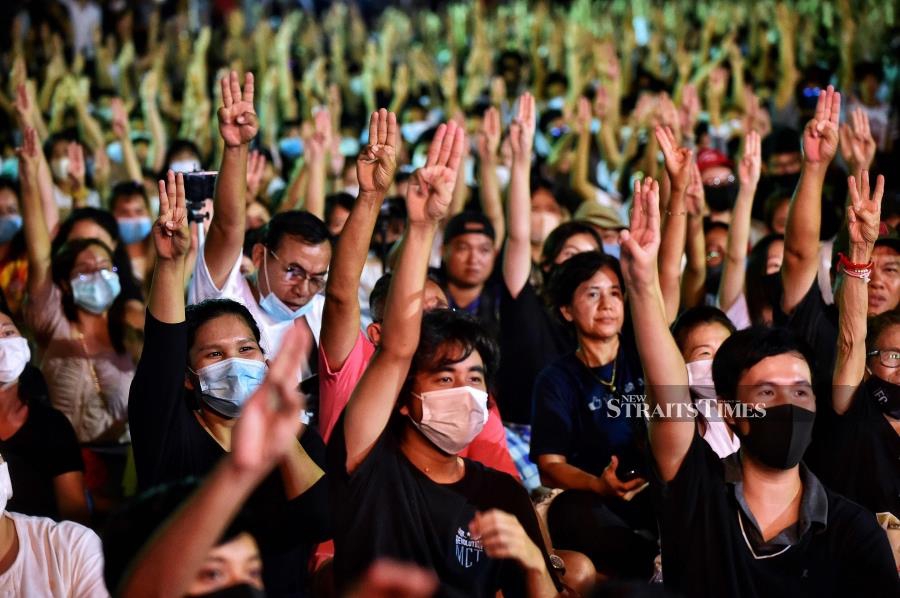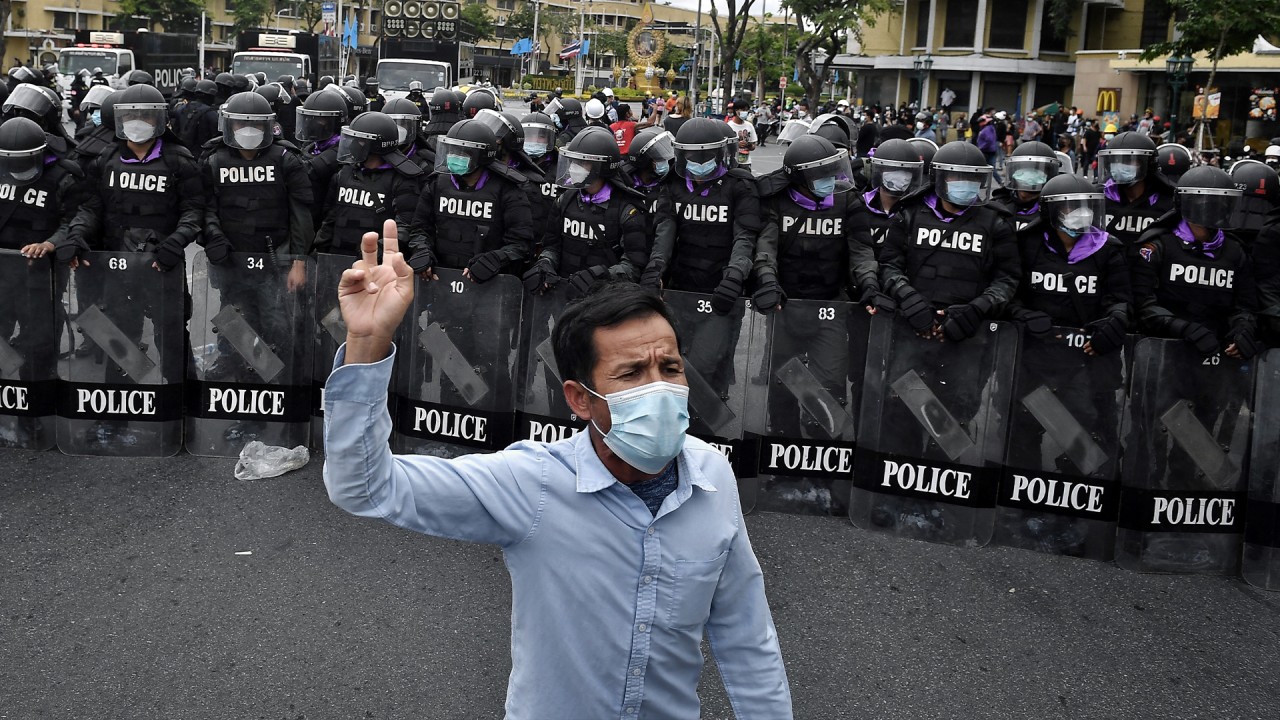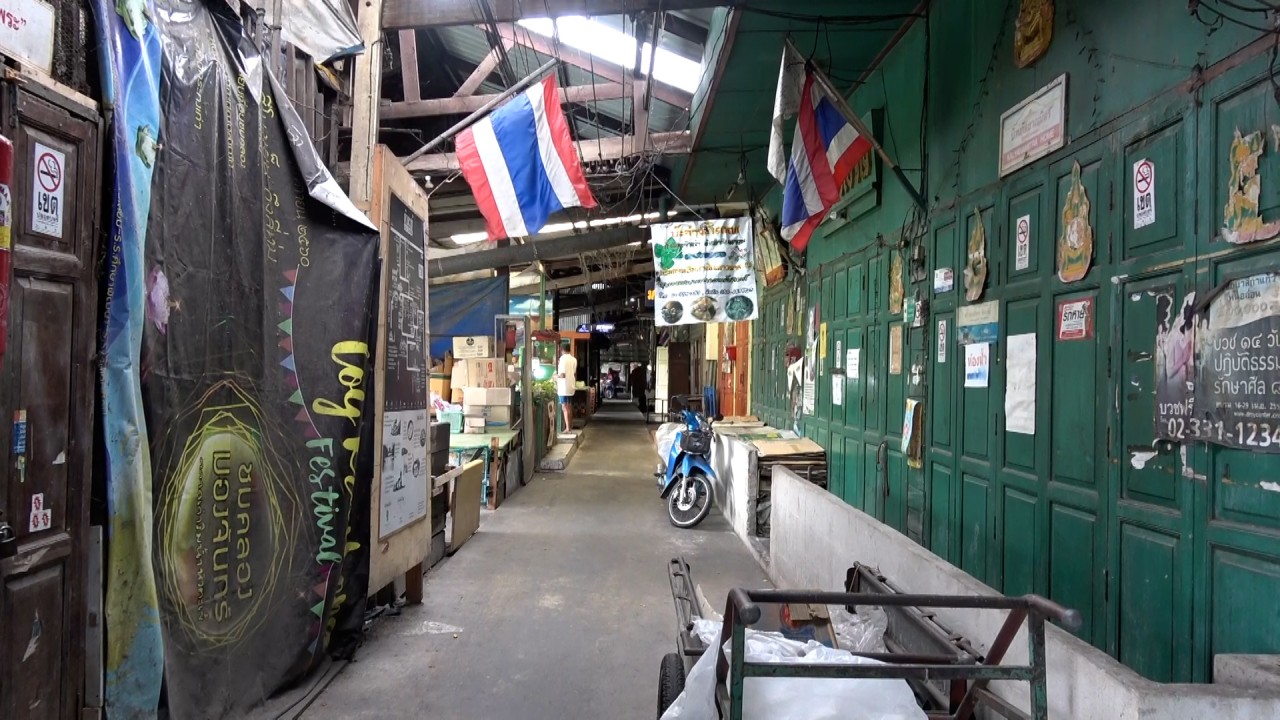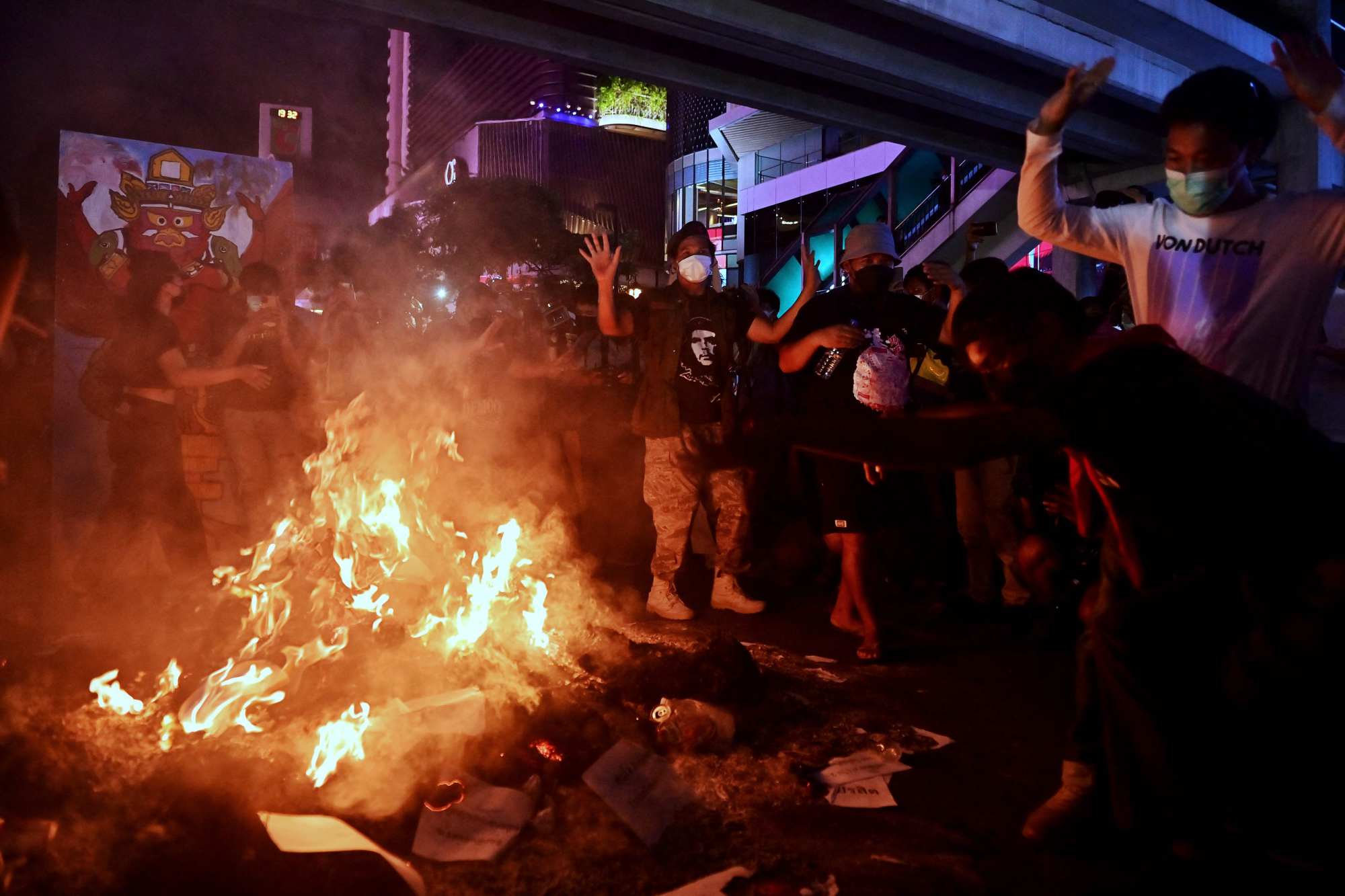Dominating
that debate was the government’s decision to back the Chinese-developed
Sinovac shot and the troubled roll out of the vaccine since doubts
emerged over its efficacy against the Delta variant.
Thailand
approved the use of the Sinovac shot in February, shortly before its
virus numbers began to skyrocket as part of a Delta-fuelled third wave.
Since April, Thailand has witnessed more than 1.2 million infections,
compared to fewer than 7,000 cases throughout 2020.
The
severity of the third wave has prompted much criticism of the Prayuth
government for failing to source enough vaccines, which left it reliant
on Sinovac at the peak of infections during July and August. (Thailand
had considered asking AstraZeneca to withhold the export of its locally
manufactured shots. The company said this month that it had delivered
16.6 million doses to Thailand, as part of an aim to deliver 61 million
before the end of this year).
Critics
say this lack of planning regarding vaccine purchases cost both lives –
Thailand has recorded a little over 13,000 fatalities – and money, as
virus-related lockdowns continue to drag on economic growth. The Thai
economy registered a 6.1 per cent fall in GDP in 2020, while the
National Economic and Social Development Council recently cut its growth
forecast for this year to between 0.7 and 1.2 per cent.
Once-bustling Bangkok market deserted as Thailand struggles with its worst wave of Covid-19
The
big hit to Sinovac’s reputation came in July when, in response to
increasing infections among double-jabbed medical workers, the
government said people given the vaccine would require a “booster” third
dose. Its reputation was further undermined when the government decided
the general population would no longer receive two doses of Sinovac,
but one shot of Sinovac followed by a second shot of the AstraZeneca
vaccine.
At
the same time, the Prayuth administration has been criticised for a
slow vaccine roll-out. As of September 6, only a third of Thailand’s
population of 70 million had received one shot of a vaccine, and just 11
per cent were fully inoculated.
Critics
blame much of this delay on Prayuth’s reliance on the Chinese shot. As
of August, Thailand had approved the purchase of 31.1 million Sinovac
doses. Yet so far, only 13.4 million of those doses have arrived, in
addition to 1 million doses donated by China. Deputy Public Health
Minister Sathit Pitutecha has said Thailand will have procured about 124
million doses of Covid-19 vaccines
by the end of this year including 43.3 million doses of AstraZeneca and
30 million doses of Pfizer. He has also said Thailand plans to buy at
least 200 million doses of Covid-19 vaccines for use next year as booster shots. On Tuesday, government spokesman
Thanakorn Wangboonkongchana said Thailand was buying 12 million more
Sinovac vaccine doses to support its mix-and-match vaccination plan. He
said the jabs could be delivered this month or in October. Protesters
dance around a fire during a demonstration calling for the resignation
of Thailand’s Prime Minister Prayuth Chan-Ocha over the government’s
handling of the Covid-19 pandemic. Photo: AFP
Prayuth,
who took charge after a coup in 2014 and has since become prime
minister, scraped through last week’s no-confidence vote by 264 votes to
208, but is far from in the clear. Protests that began last year based
on the demands of a young generation seeking reform of the monarchy are
snowballing into a more broad-based anti-government movement. The youth
leaders of those protests have now been replaced by the former
pro-democracy redshirt leaders Nattawut Saikua and Sombat Boonngamanong,
who have vowed to organise demonstrations in central Bangkok every day
until Prayuth steps down.
The
rhetoric “Prayuth trades in death”, a reference to the government’s
failure in battling the pandemic, resounds in the anti-government camp
online, in the parliament and the street.
Apologies to China?
Much like the division on the streets, the Chinese embassy’s statement has received a mixed response from Thais.
As the former ambassador Russ predicted, it has provoked a fair amount of anger.
One
Facebook user named Taksin questioned why China was “speeding up the
development of [its own] mRNA vaccine if it already has the vaccines
that work as well as claimed”, while another user asked “Does China
still see Thailand as a friend when it sells vaccines with low efficacy
to us at a high price? If you support Thai politicians and their
corruption, you play a part in hurting all Thais.”
Thai doctors want Pfizer vaccines amid doubts over Sinovac
A
more measured criticism came from Viroj Na Ranong, a researcher from
the Thailand Development Research Institute – an organisation that has
questioned the government’s continued purchase of Sinovac when it
already has on order other vaccines with higher efficacy rates.
Viroj
described the embassy’s statement as “unusual”. “I am not sure from
what level of the Chinese government the embassy statement came, but it
was inappropriate for one country to do this with another country,”
Viroj said.
However,
there has also been sympathy for China’s position, including from
Nitipong Honark, a Thai musician who posted in response: “Apologies that
some Thais are like this. It is shameful.”
Then, predictably, there is Prayuth, who has done his best to quell criticisms of Beijing.
“The
devaluing of a vaccine is a sensitive issue. To say anything that is
not a fact might make newspaper headlines in the country that produces
the vaccine and might affect international relations,” Prayuth warned.
High-level Thai officials Foreign Minister Don Pramudwinai and others in the health ministry have fallen in behind Prayuth.
A
day after the embassy’s post, the health ministry’s Facebook account
quoted a high-level official saying that Sinovac was being bought at a
50 per cent discount on the original price of US$17.
As
Viroj, the researcher pointed out, if Thailand wanted to maintain
relations with China it was not surprising if Thai officials felt they
had to “care about China’s feelings”.
Nature or lab leak? Why tracing the origin of Covid-19 matters
An attack on Prayuth, not China
While
the embassy’s statement may have disgruntled some Thais, commentators
stressed that criticisms of the country’s reliance on Sinovac were aimed
at Prayuth and his increasingly unpopular administration – not at
Beijing.
“The
public opinion [on the Sinovac vaccine] is not an attack against
China,” said Sitthiphon Kruarattikan, a China studies scholar and an
associate professor at Thammasat University’s College of
Interdisciplinary Studies.
“It is an attack on the Prayuth government and questions the transparency of the vaccine deal.”
Thailand to mix Sinovac, AstraZeneca vaccines
Sitthiphon
said the embassy statement was a surprise since “the Sinovac vaccine is
a product of a private firm” and not the government. However, he said
this was not the first time the embassy had issued a statement
concerning Thai public opinion. Last year, it rebuked the Milk Tea
Alliance, a largely online democratic solidarity movement mostly active
in Thailand, Taiwan and Hong Kong.
In
light of its more recent statement on Sinovac, it would seem, said
Sitthiphon, that China felt Thai public opinion was being controlled by
“a mysterious hand”.
He
warned that “Thai officials defending the Chinese vaccine would only
add to the public doubts about corruption allegations” and that “the
Prayuth government’s effort to keep ties with China might not work in
favour of Thailand’s national interests”.
Pongphisoot
Busbarat, an assistant professor at Chulalongkorn University’s
international relations department, suggested China had been stung into
action as Beijing’s image had been hurt by the Prayuth administration’s
“poor management of the Covid-19 situation”.
“The
adoption of Chinese vaccines by the Thai government, especially
Sinovac, in many ways, can be seen as a diplomatic tool to maintain
Sino-Thai relations,” Pongphisoot said.
“Therefore,
it is not a surprise that China was offended over the accusation of the
ineffectiveness of Sinovac. It damaged China’s image vis-à-vis the US
in the vaccine diplomatic battle.”
Pongphisoot
said that the turning point for public opinion was the Delta variant
and the government’s failure to diversify vaccines, which came in stark
contrast to other Asian economies including South Korea and Taiwan that
“reached out to the United States to talk about vaccine donation”.
“Later
on, more evidence supported the claim that the government may have
ignored other options to secure more effective vaccines for Thailand.
The public suspected that senior government officials might have had a
vested interest in the supply of [Sinovac] due to their connection with a
Thai conglomerate related to Sinovac in China. Therefore, the lack of
transparency in vaccine management and continuing purchase of [Sinovac]
helped substantiate corruption allegations in this vaccine saga.”
Whether criticisms of Sinovac were valid or not, Pongphisoot said Thailand should get used to China asserting itself.
Despite
the formal defence treaty alliance between the US and Thailand,
Washington saw the country as “peripheral” in its regional power
struggle with China, Pongphisoot said. This was because Thailand had no
territorial disputes with China and because Prayuth’s regime had shown
signs of leaning towards China for support since the 2014 coup.
Pongphisoot noted that Thailand had even “endorsed” the coup in
neighbouring Myanmar, further undermining US confidence that it had the
country’s support.
He
warned that Thai policy elites would find it hard to continue not
choosing sides between the US and China in the “current context of
intense strategic competition”, which in turn would mean Thailand might
need to reassess its approach to China and accept a more assertive
Beijing.
“I
think many policymakers in many parts of the developing world,
including Thailand, may have a picture of a China that since Deng
Xiaoping had been accommodating and compromising. That was when China
wanted to keep a low profile while expanding goodwill and friendship
across the world to benefit its economic reform and development. We will
not see that kind of China any more.”








No comments:
Post a Comment
Note: Only a member of this blog may post a comment.